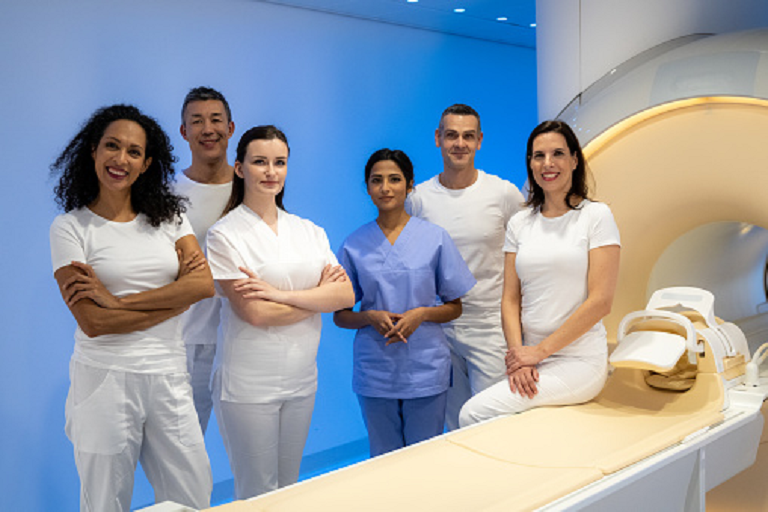4 Ways Nurses Make Patients Comfortable
Nurses are an essential component of the healthcare system, providing the backbone of support. Nurses provide care for patients in every imaginable health scenario, ranging from hospitals to long-term facilities to clinics to home care. Training and experience, and sometimes even firsthand time spent as a patient themselves, have shown nurses the important role they play in keeping patients comfortable while they are receiving care or treatments. There are a number of ways nurses assist in increasing the comfort of patients, some of which you may not realize. Thanks to the caring and attentive nursing staff, you and your loved ones may experience all or most of these forms of comfort while you receive care.
- Warmth
Hospitals are notorious for feeling very sterile and cold. The need to wear only a patient gown can most definitely make any room feel chilly. Gowns are very thin, short-sleeved and not intended to provide warmth for the person wearing them. While these gowns are functional for medical exams, they can leave you feeling cold or self-conscious. Nurses recognize this. (Trust me, you are not the first person to feel self-conscious or cold while in a hospital gown!)
Blankets are usually readily available for patients, especially for those patients who have been admitted to a hospital or clinic. Long-term care or certain types of facilities may use comfy fleece fabric, known to be extra warm and soft. Blankets and sheets are just one example of how nurses help keep their patients comfortable in terms of warmth and body coverage.
- Positioning
Staying overnight in the hospital can be a very worrisome experience. Many factors create stress during this time, such as health concerns, the unknowns, and the worry of sleeping away from home. Most of us do not sleep well when we are not in the familiarity of our own house. For some, sleeping in the hospital may seem impossible.
Luckily, nurses are skilled at increasing comfort through improving patient positions. Experience has taught them which positions patients may sleep best when recovering from certain procedures or surgeries. Additional pillows can help alleviate discomfort when placed under the knees or against the lower back and may even improve sleep.
- Knowledge
Anxiety, worry and fear are all-natural emotions to have as a patient. One of the most important ways nurses help make patients comfortable is by demonstrating their knowledge. Nurses are often bedside more than any other staff member. This establishes a bond between the patients and their families and the nurse, leaving them feeling more comfortable to ask the nurse questions or for explanations.
Examinations also ensure comfort is as managed as it can be for the patient. These exams can alert the nurse to any pain, abnormalities or other indicators that may need to be addressed. Pain management is yet another way nurses help to keep patients comfortable.
- Enjoyments
Stressful situations can sometimes be helped by introducing things the patient enjoys. Nurses know that. This is why they bring up family, friends, faith and other topics that may help distract the patient. If a patient expresses strong spirituality, there are resources a nurse can contact, such as a Chaplin or other member, to provide spiritual comforting.
Putting a favorite television show on or playing a particular type of music can help long-term patients or those recovering from a big procedure feel more comfortable as they heal. Hospitals often have books, magazines and other items to help patients feel more at home. Hanging up pictures or cards from the patient’s loved ones can also improve comfortability.
During times of medical need, there are many factors that can make a person uncomfortable. Fear and pain are two very common causes. Cold, inability to sleep and being away from home can also largely impact a patient’s comfort. Nurses have seen each of these scenarios and more. The empathetic and caring nature of nurses allows them to realize these situations and work to continuously improve their patient’s comfort levels.
































